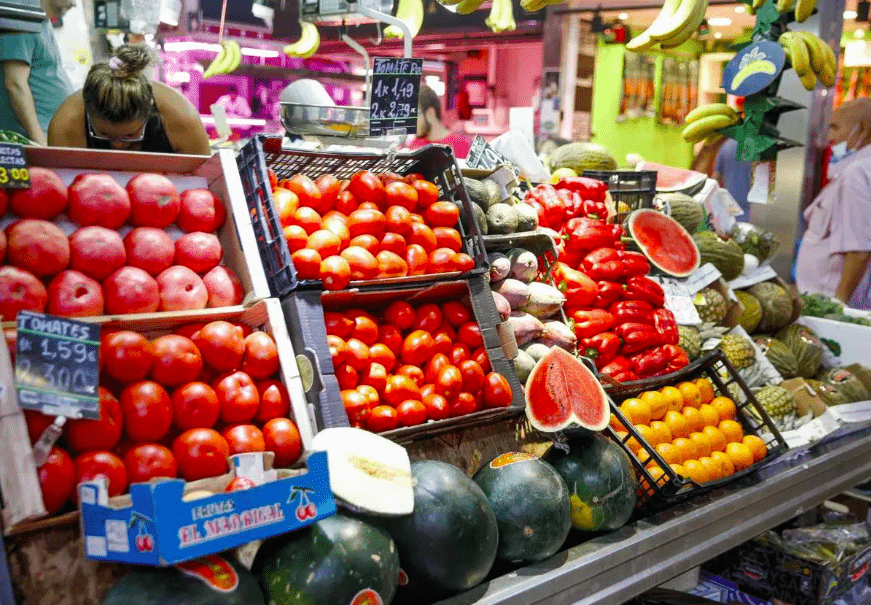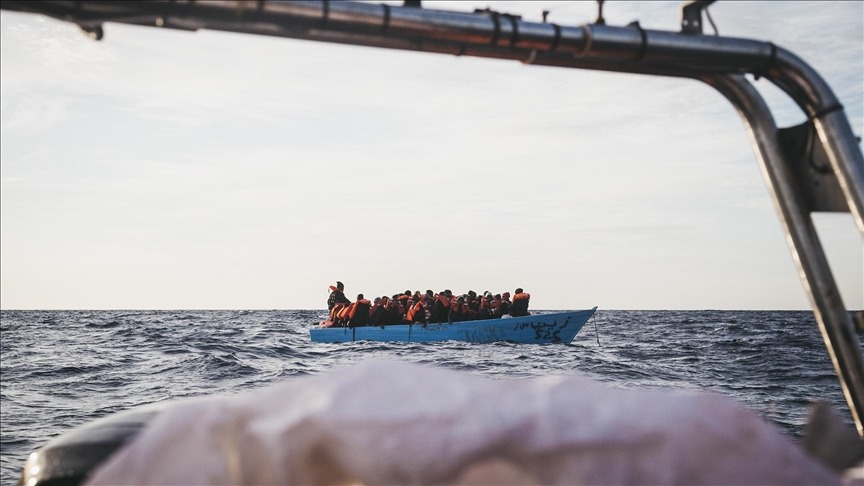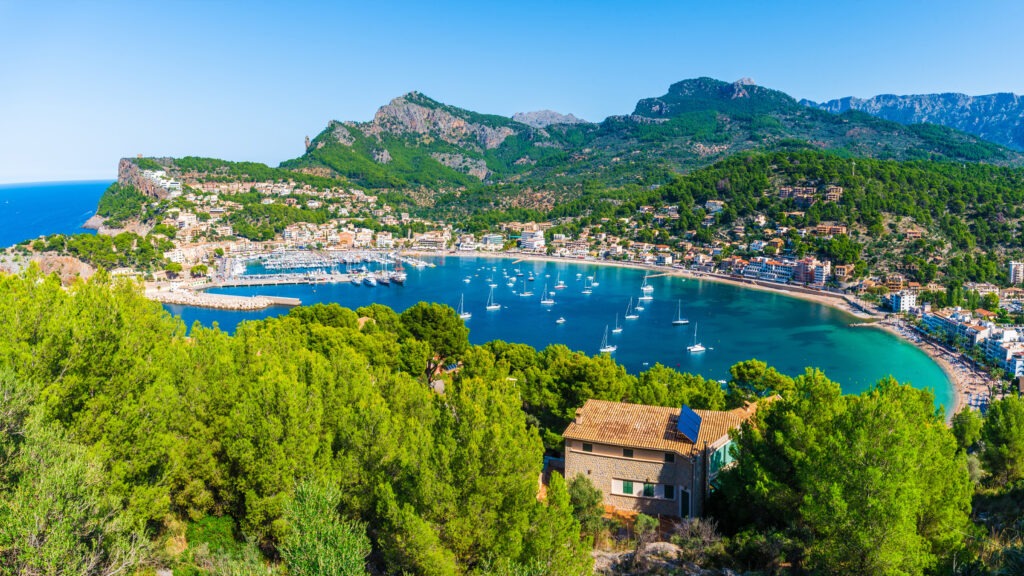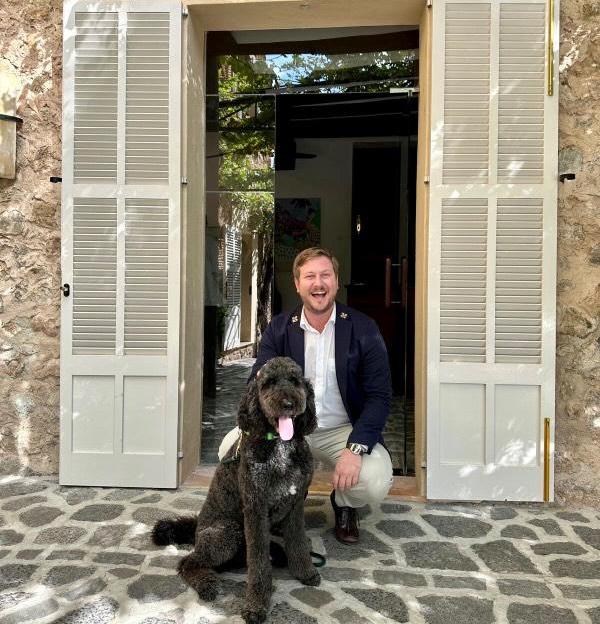As the new year kicks off, the Balearic Islands are grappling with economic challenges, policy U-turns, and humanitarian crises. Free public transport in Palma is set to continue despite a growing budgetary shortfall, which is good news for local residents feeling the financial squeeze. Meanwhile, the Islands have become a critical point in the Mediterranean migration crisis, with a 157% increase in arrivals of irregular migrants coupled with the tragic loss of life at sea. On a brighter note, a €377 million investment in sustainable tourism offers hope for a greener and more balanced future. Here’s a closer look at the key stories shaping the local agenda this week.
—
Free EMT Transport to Continue Despite a €15 Million Shortfall
Palma’s Town Hall has confirmed that citywide EMT buses will remain free throughout 2025 for residents using a citizen or TIB card. This announcement comes despite the Town Hall’s claims that the service faces a growing €15 million annual deficit. While the Spanish government has contributed €18 million annually to offset costs, local officials are pressing for an increase to €25 million to bridge the gap. Passenger numbers reflect the service’s popularity, surging from 43 million in 2019 to an expected 60 million in 2024. Islandwide free public transport had already been confirmed just before Christmas.
—
Inflation Squeezes Balearic Budgets: Basic Goods Spike 30% in a Decade

The cost of food and drink in the Balearic Islands has soared 30% over the past decade, with residents now spending an annual average of €1,988 per person — 15% above the national average. In just the past year, costs rose by 13.5% or €237 per person. Standout categories include mineral water (€28.60 – double the national average) and wine (€37.80), where spending is 20% higher than elsewhere in Spain.
—
Middle-Class Threshold in the Balearic Islands: €1,427.85 a Month

A new OECD report places the middle-class income range in the Balearic Islands at between €1,427.85 and €3,807.61 gross monthly. The average monthly salary on the islands is €2,237.14—just below Spain’s national average of €2,273. However, disparities persist nationwide, with the Basque Country leading at €2,624 and Extremadura trailing at €1,915.90.
—
Irregular Immigration Climbs 157% in 2024, as 500 Migrants Lose Their Lives on Perilous Sea Journey

The Balearic Islands have witnessed a staggering 157% increase in irregular immigration in 2024, with 5,860 migrants arriving aboard 351 boats. This surge has been accompanied by over 500 deaths along the treacherous Algerian-Balearic route, now deemed one of the most dangerous Mediterranean crossings.
Regional Social Affairs Minister Catalina Cirer criticized the central government’s inaction, stating, “The Balearic Islands have now become an established migratory route without anything being done about it.” She called for enhanced border protection and adequate resources to ensure migrants are treated with dignity.
—
€377 Million Earmarked for Sustainable Tourism in 2025

The Balearic Islands are preparing to launch 79 projects with a €377 million investment aimed at creating a more sustainable tourism model. Key initiatives include allocating 65% of the budget to environmental protection and water management. Additionally, €67 million will go toward broadening the tourist season, promoting year-round quality experiences. Other priorities include combating climate change, raising tourism awareness, and improving industry standards.
—
Text by Sebastian Cerutti








